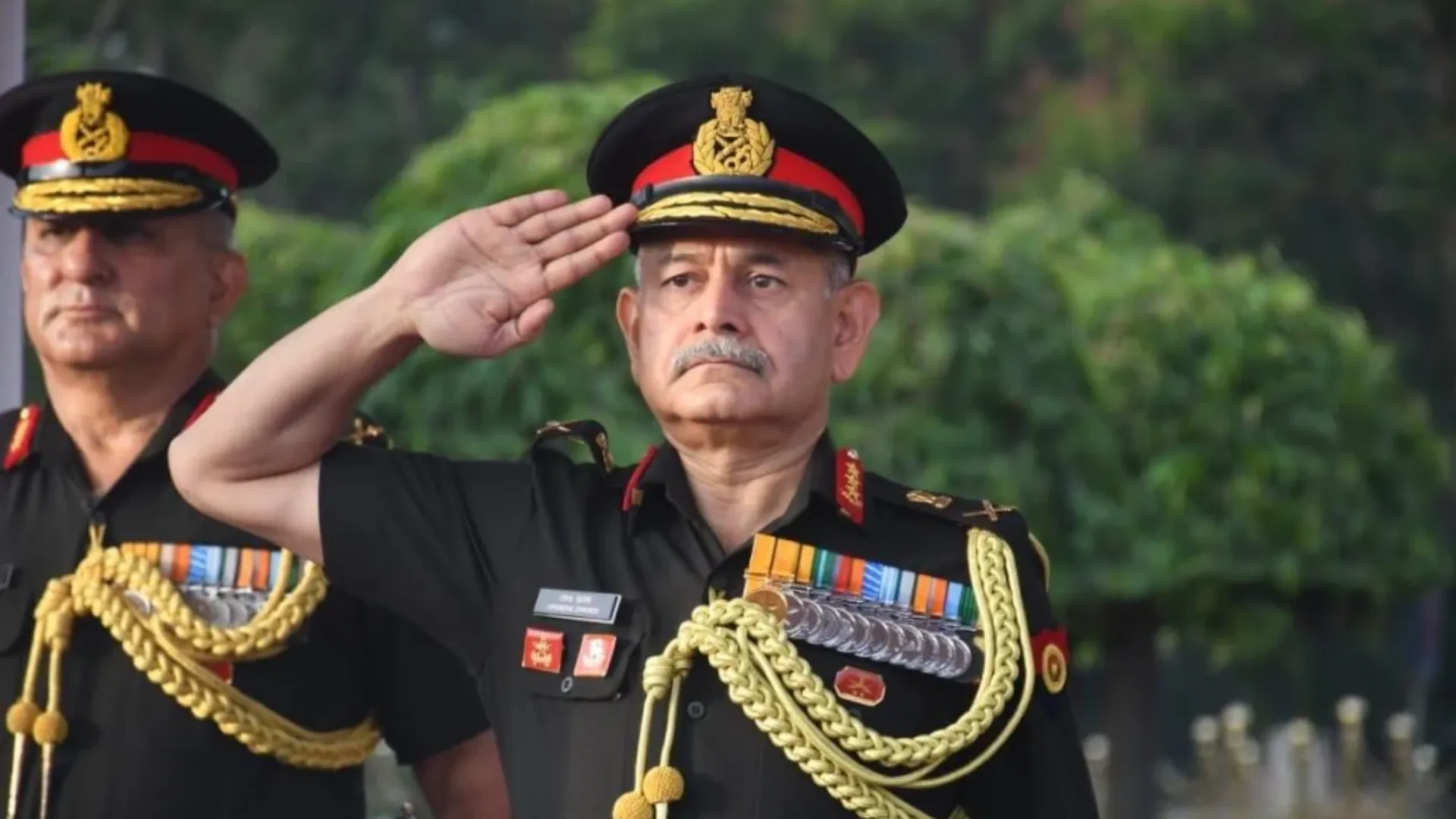Army boots are hitting the tarmac in Kashmir, and diplomatic doors are slamming shut. Indian Army Chief General Upendra Dwivedi is heading to Srinagar on Friday to size up the security situation in the Valley after the chilling Pahalgam terror attack. “Army chief General Upendra Dwivedi will leave for Srinagar and Udhampur shortly,” Defence officials confirmed. The General plans to huddle with top commanders and security brass, as cross-border tensions rise and Pakistan appears to test the LoC ceasefire. The visit follows one of the deadliest attacks on civilians in recent memory.
Tourists Targeted, Security Tightens
On April 22, terrorists opened fire on tourists at the Baisaran meadow in Pahalgam—killing 25 Indian nationals and one Nepali citizen, and injuring several more. The attack shook the nation and triggered a swift response from both the military and the government. Troops ramped up surveillance, and commanders moved into high-alert mode across the Valley.
Diplomatic Dominos Begin to Fall
New Delhi didn’t waste time. In a matter of hours, the Central government shut the gates at the Integrated Check Post (ICP) in Attari and pulled the plug on the SAARC Visa Exemption Scheme for Pakistani nationals—handing them 40 hours to pack up and head out.
Foreign Secretary Vikram Misri dropped the diplomatic hammer:
“The Defence/Military, Naval and Air Advisors in the Pakistani High Commission in New Delhi are declared Persona Non Grata. They have a week to leave India. India will withdraw its own Defence, Navy, and Air Advisors from the Indian High Commission in Islamabad. These posts in the respective High Commissions are deemed annulled. Five support staff of the Service Advisors will also be withdrawn from both High Commissions.”
Advertisement · Scroll to continue
India Puts a Plug in the Indus
In a dramatic escalation following the terror attack, India has suspended the Indus Waters Treaty, a landmark agreement signed in 1960. The treaty, which governs the sharing of river waters between the two nations, has been a critical aspect of India-Pakistan relations. By halting the treaty, India is sending a clear signal that it will take strong measures in response to cross-border terrorism. This move, alongside other diplomatic actions, intensifies the strain between the two countries, disrupting decades of cooperation over water resources and further deepening the divide between them.
Nationwide Anger Boils Over
The Pahalgam attack has sparked an outpouring of anger across India, with protests erupting in cities from Jammu to Kolkata. Citizens, united by grief and outrage, are demanding a stronger stance against Pakistan. Public demonstrations are calling for harsher diplomatic measures and military action. Protesters hold banners and shout slogans, with many expressing frustration over the repeated terror attacks originating from across the border. The government’s swift response, which includes shutting down diplomatic channels and halting crucial treaties, has been met with support from many sectors of society, but the emotional toll on the public remains high as the demand for justice intensifies.
(With Inputs From ANI)
Also Read: Houses Of Lashkar Terrorist Asif Sheikh And Adil, Involved In Deadly Terror Attack DESTROYED, Watch























